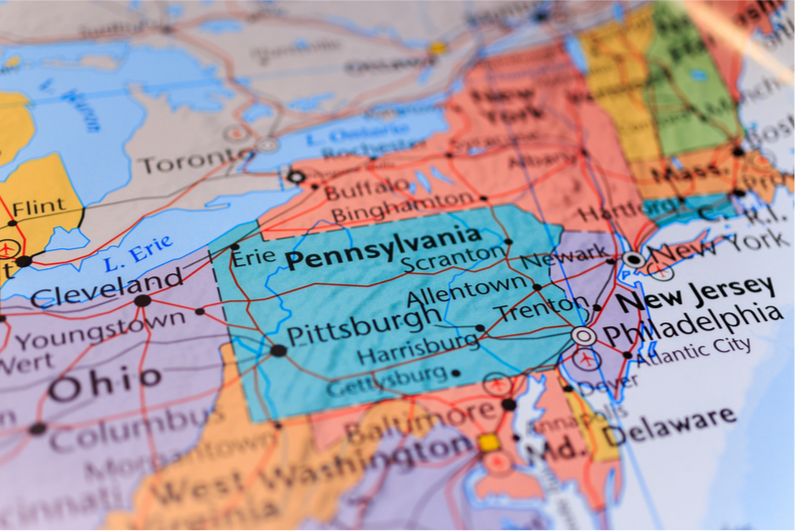Self-exclusion from mobile wagering
The Pennsylvania Gaming Control Board is creating a new support program for problem gamblers, called the iGaming Self Exclusion Program. People will be able to exclude themselves from placing sports bets on their mobile devices. This type of self-exclusion policy is popular with European gambling platforms.
Those with gambling problems put themselves on a self-exclusion list and they cannot add funds to their account or play any games while they have opted out.
A similar program is already in place for retail casinos in the Quaker State. There is no link between these two programs, however, so a person would have to add themselves to both lists in order to be fully covered.
These programs are also voluntary, so only the gambler themselves can add themselves to the list. They can register online or at the Gaming Control Board’s office. The Board will not accept applications by mail.
Gamblers can opt to self-exclude for different time spans: a single year, five years, or a lifetime exclusion. They cannot overturn their decision to self-exclude until the agreement expires.
All online sportsbooks will be banned from accepting bets from any person on the list. Further, operators cannot send any form of promotional material, such as email promotions, to people who have opted to self-exclude.
Partial restriction policies
Players can also implement some less restrictive measures on their online sports betting account. They can temporarily suspend their ability to use a platform, place limits on fund deposits and withdrawals, and set time limits so they can only use a platform for a certain amount of time in a given period.
This is also voluntary, but operators are still able to send these players marketing and promotional material.
While gambling is great for tax revenues and for giving residents more options to play their favorite casino games and sports betting, the downside is increasing levels of gambling addiction. Therefore, the Board’s creation of this new opt-out program will help players who may be struggling to gamble sensibly.
Gambling in Pennsylvania
Gambling has been a major revenue source for Pennsylvania over the years. It is second in the rankings in terms of annual revenues from its casinos, just behind Nevada. The state lottery has been running since 1971 and contributed more than $28bn towards social programs for elderly people in the state since then.
The Quaker State is open to expanding into new forms of gambling. It legalized online gambling in October 2017. Lawmakers were also quick to pass a sports betting legalization bill following the end of the federal ban on sports betting in May 2018. Mobile sports betting is nearly ready to launch in the state, despite a number of obstacles delaying the opening of these sportsbooks.
The Sugar House Casino will be the first to roll out a mobile sports betting offering. It has held a soft launch for its desktop and mobile platforms as they undergo a testing period to ensure that everything is in working order.
Many believe that Pennsylvania will follow the example of New Jersey, where mobile sports betting accounts for more than 80% of all sports bets.
